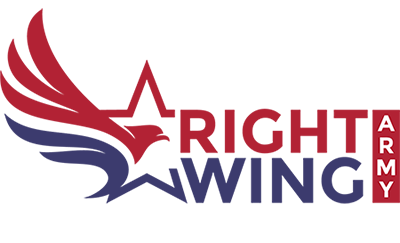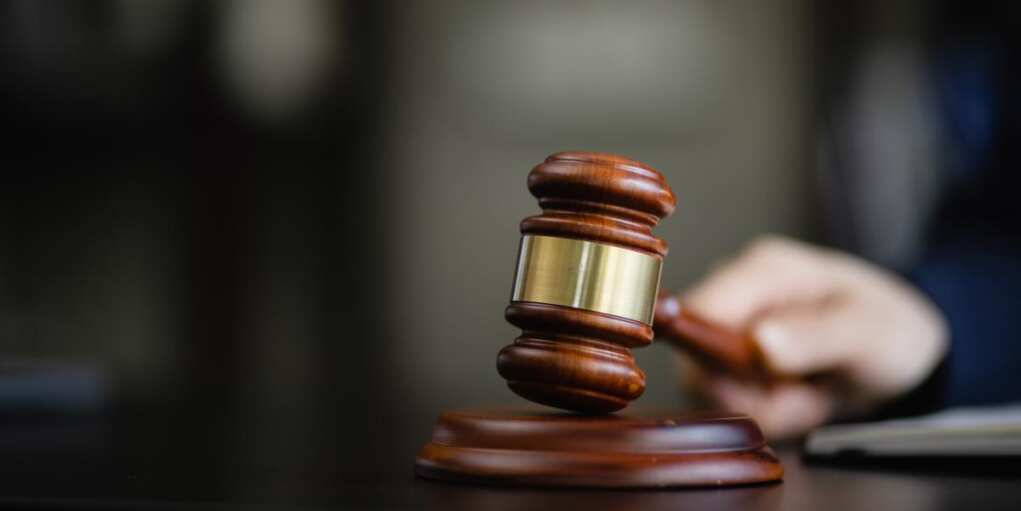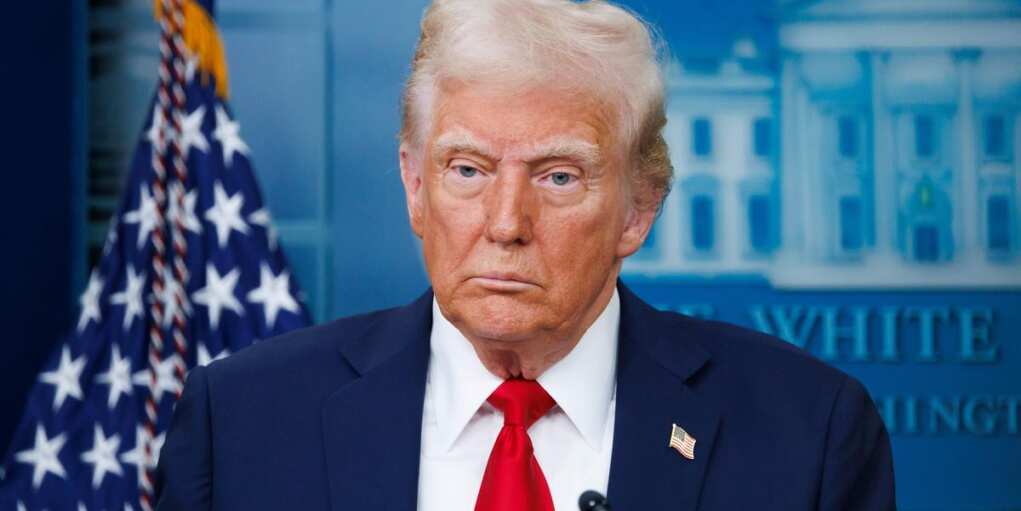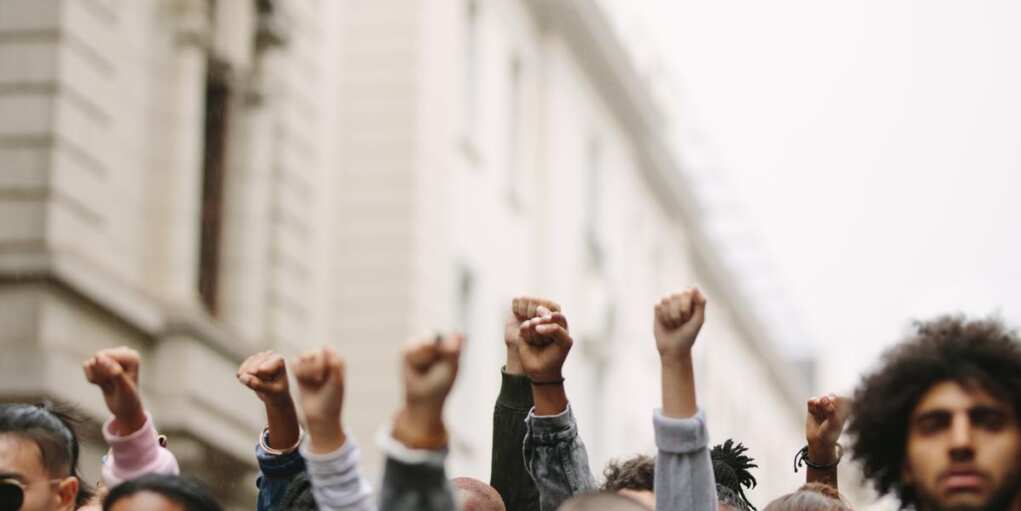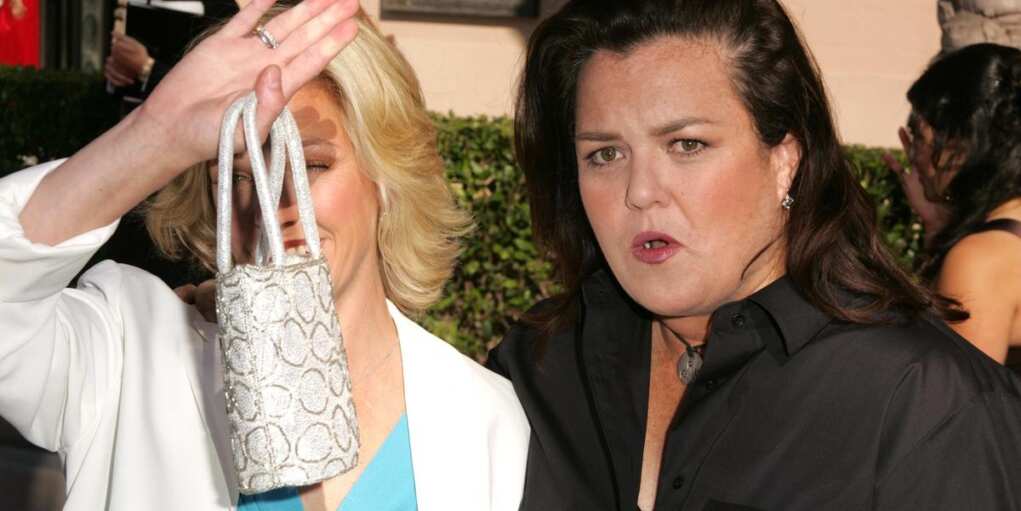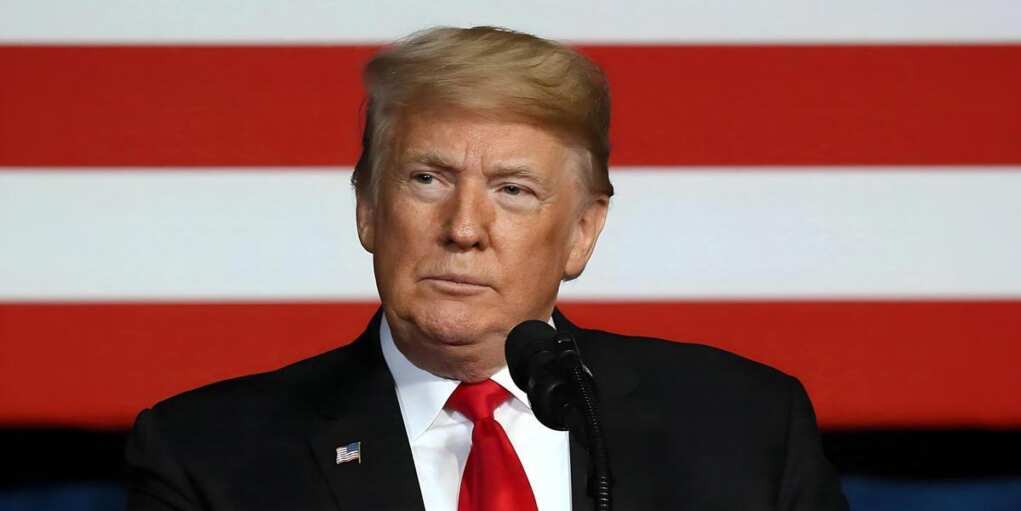MSNBC Star Cites Trump Fatigue—While Secretly Demanding $25M
megafloppMSNBC’s Lawrence O’Donnell claimed he was “exhausted” from covering Trump’s triumphant return to the White House. Turns out, that exhaustion might have had a lot more to do with his paycheck than his politics. While viewers were speculating about his prolonged absence from The Last Word, O’Donnell was reportedly laying the groundwork for a bold […]
Epstein Victim Posts Cryptic Crash Photo—Then Vanishes
Sutipond SomnamOver the weekend, Virginia Giuffre — one of Jeffrey Epstein’s most high-profile accusers — made a shocking claim: that she was involved in a violent car crash with a school bus in Australia and had only four days to live. The post included a bruised and bloodied photo, and just like that, conspiracy sirens went […]
AI Satellites To Monitor America “For Our Safety”
Natalja PetuhovaIn a bold leap forward for disaster prevention, Google is teaming up with climate tech partners to launch an ambitious satellite project called FireSat — and it could change how we fight wildfires forever. With the rise of catastrophic burns across California, Australia, and the Amazon, early detection has become a top priority. The January […]
MS-13 Gang Leader Deported—Media Outrage Doesn’t Stop Trump
Teddy LaurenThe Biden-era leniency on criminal migrants is officially over. President Trump’s administration isn’t apologizing for cracking down, and this week’s high-profile deportation case is drawing a clear line in the sand between law and chaos. The left is frantically defending Kilmar Armando Abrego Garcia, an illegal migrant from El Salvador who’s been removed from the […]
Obama-Appointed Judge Derails Trump’s Plans For America
SOMKID THONGDEEA federal judge in San Francisco has temporarily blocked the Trump administration’s plan to terminate Temporary Protected Status (TPS) for 350,000 Venezuelans—just days before the protections were set to expire. U.S. District Judge Edward Chen, an Obama appointee, issued a sweeping injunction Monday, halting the Department of Homeland Security’s decision and allowing TPS recipients to […]
Trump to Putin: Back Off Zelensky or Face Oil Tariffs From Hell
Joshua SukoffIn a fiery interview aired Sunday by NBC News, President Donald Trump made it clear he’s had enough of Vladimir Putin’s provocations — particularly the Russian leader’s latest attack on Ukrainian President Volodymyr Zelensky. Trump, in one of his most forceful statements to date on the war in Ukraine, told NBC he was “very angry” […]
Tesla Attacker Busted by the Car’s Own Cameras
M. KnijnenburgA man in Texas is facing felony charges after allegedly using a mini four-wheeler to ram into a parked Tesla—and discovering a little too late that these vehicles record everything. According to police, 24-year-old Demarkeyan Cox was arrested after allegedly crashing his four-wheeler into a Tesla outside a Chinese buffet restaurant in Texarkana. What he […]
Top Liberal Admits How Obama, Biden Were Not Good Leaders
fizkesLiberals are finally saying the quiet part out loud: the Obama and Biden administrations were masterclasses in broken promises wrapped in pretty speeches. And now, even Ezra Klein—the New York Times columnist and progressive golden boy—is admitting it. Klein sat down with none other than California Governor Gavin Newsom (America’s favorite hair gel enthusiast) on […]
Mass March for Illegals Set to Explode in Texas—But ICE May Have a Surprise
Jacob LundAnother weekend, another staged performance to blur the line between legal immigration and the tidal wave of lawlessness flooding America’s southern border. On Sunday, more than 10,000 people are expected to march through Dallas in what organizers call the “United March for Immigration Reform.” Don’t let the flags and graduation caps fool you—this is a […]
Trump’s Health Revolution Just Got Real
oatawaPresident Trump just scored another major victory for his administration’s health reform agenda, and the establishment is not taking it well. On Tuesday night, the Senate confirmed two of Trump’s top health nominees—Dr. Jay Bhattacharya for Director of the National Institutes of Health (NIH) and Dr. Marty Makary for Commissioner of the Food and Drug […]
Tesla Faces Bomb Threats as Terror Campaign Intensifies
nomis_hPresident Donald Trump’s ally, Elon Musk, finds his Tesla empire under siege as a wave of domestic terror escalates, culminating in a chilling discovery at an Austin, Texas showroom. What started with scratched paint and torched cars has spiraled into something far darker—incendiary devices planted amid the sleek electric vehicles, a stark sign of rising […]
Trump Stands by Waltz Amid Signal Chat Leak Fallout
DaeninPresident Donald Trump brushed off calls to dismiss National Security Advisor Mike Waltz this week, following The Atlantic’s report of a Signal messaging leak that inadvertently included a journalist in a chat among top administration officials. “He’s not getting fired,” Trump told Fox News, downplaying the incident as a “mistake” and asserting there was “nothing […]
Rosie O’Donnell’s Election Conspiracy Will Make You Laugh
s_bukleyRosie O’Donnell, once a prominent American comedian, took to Irish television this week to cast doubt on President Donald Trump’s decisive 2024 win, suggesting tech billionaire Elon Musk played a shadowy role. During her first TV appearance since relocating to Ireland, she appeared on The Late Late Show with host Patrick Kielty, unveiling a conspiracy […]
Carville Predicts An Uprising Among Democrats
SergeyITJames Carville took to CNN’s “The Situation Room” this week, and Republicans are watching with a mix of amusement and satisfaction as he laid bare the Democrats’ disarray following their November loss to President Donald Trump. The veteran strategist didn’t sugarcoat his frustration, declaring, “‘I’m mad at the Democratic Party … When you lose an […]
Trump’s About to Shutter the Woke Education Fiasco for Good
Babooo0President Donald Trump dropped a bombshell this week that’s got conservatives like me grinning from ear to ear, and it’s all because he’s reportedly set to sign an executive order Thursday to start dismantling the U.S. Department of Education. USA Today broke the story Tuesday, and Republicans across the country are buzzing because this is […]
